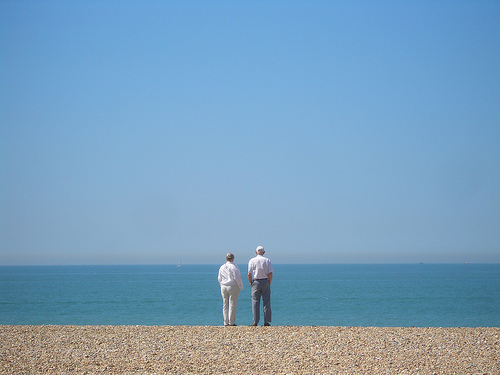An 88 year-old-woman in Sydney, Australia was neglected to death, as she lay screaming in pain for three weeks.
“Nothing in the past has disturbed me like this job disturbed me,” paramedic Christopher Curtis told police. “I’ve not seen anyone, regardless of their age, that could withstand the level of pain inflicted by a fractured femur for five seconds.”
The paramedics described the scene of the death of Cynthia Thoresen’s as “horrifying”. Cynthia had a broken leg that sat untended for three weeks. She was living in the house of her daughter, Marguerite Thoresen. However, most of her neighbors were unbeknownst to the fact that Cynthia was living in the house. Marguerite waited at least three weeks before calling for help.

The unspoken for population: abuse of elderly people and its rising number of victims.
Eventually, Cynthia joined an increasingly large number of elderly people who die as inconspicuously as they spend the latter part of their lives. This group is silenced by society’s refusal to even notice them. The problem itself has yet to be seen, let alone fixed.
Researches estimate that around 30 million elderly people are abused every year. Population alone shows that the problem is only getting worse. Studies indicate that by 2050, old people will outnumber children for the first time in history. The reason for this is because of rising life spans and falling birth rates.
The failure of the system, as well as being stuck between government and family aid, is not often helped by the dementia that often comes along with physical ailments. Society and its focus is driven by people under the age of 60, and this is seen through every facet of life.
Statistics and the basic information about elder abuse is deeply and almost always catching up to the amount of information about child abuse. Very few countries legally compel suspected elder abuse reports, especially compared to the amount of countries that report child abuse.
“I think what’s underneath it is ageism, and the belief that, well, old people have had their life and so if they die, they die,” says Gloria Gutman, president of the International Network for the Prevention of Elder Abuse. “But what an awful way to die.”
Cynthia’s world initially turned into turmoil with a fall that left her injured, dependent and completely and utterly alone and isolated. The problem is very common, for around third of the elderly population fall yearly, according to the World Health Organization.
Cynthia Thoresen and her background can only be pieced together through intensive research, and she vanished from the health care system around 2003. Medicare records indicate that she regularly saw doctors and took prescription medications before 2003. However, after that point, she slipped through the cracks.
Marguerite’s explanation, years later, for why she stopped taking her mother to the doctor: “Well, she didn’t say she was ill … She seemed happy.”
The problem itself is not limited to poorer or third world countries. Cynthia Thoresen lived in Australia, which is one of the most well-developed and wealthy nations in the world. The country actually stands on the forefront of progress in its treatment of senior citizens.
But even here, the system failed Cynthia, in life and in death.











